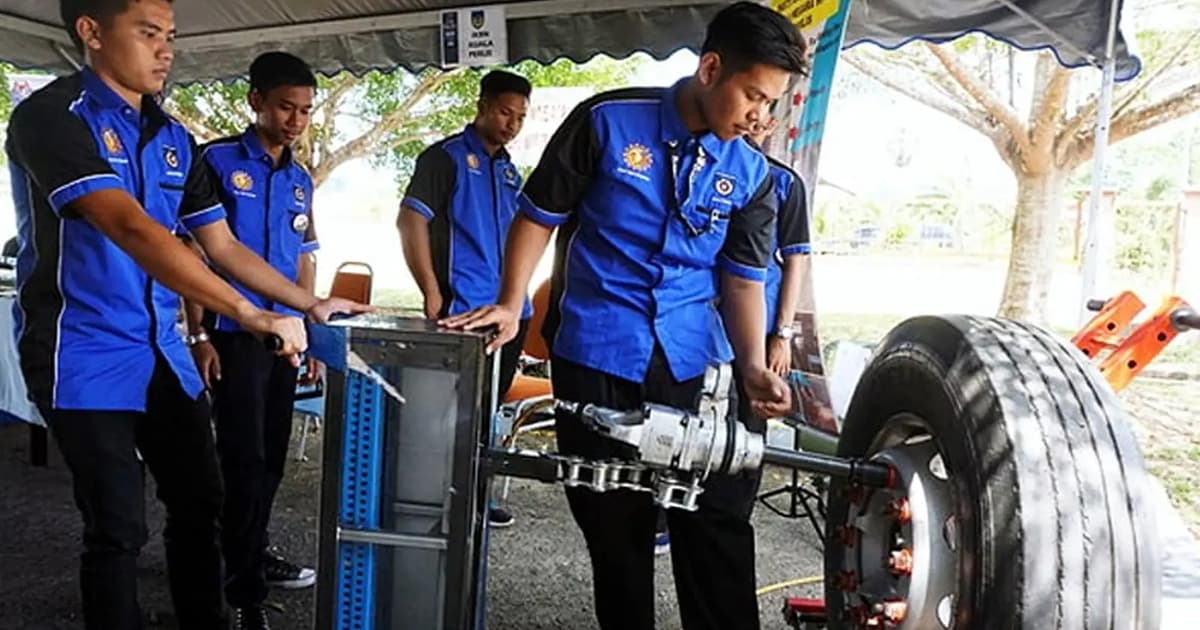
The youth and sports ministry’s strategies and commitment to improving the effectiveness of technical and vocational education and training (TVET) programmes need to be followed by greater synergy among the stakeholders, says an NGO.
National Organisation of Skilled Workers (Belia Mahir) president Rizan Hassan said the ministry has played a crucial role in youth development since the 1960s, but its responsibilities are coming even more to the fore with Putrajaya‘s focus on TVET.
“The ministry has showcased a high commitment to improving TVET through its holistic strategies, but now there needs to be greater synergy between the government and industry players, youth NGOs and local communities.
“By strengthening fields like artificial intelligence as well as TVET in sports and e- sports, Malaysia has the potential of birthing a highly skilled and globally competitive generation of youths ready to catalyse economic growth
“Belia Mahir believes that TVET isn’t just an alternative career path, but a core pillar of the nation’s economy,” he told FMT.
Rizan also welcomed the ministry’s initiatives for human capital development through the addition of fields like construction and maintenance of sports facilities, sports motoring, and sports photography under TVET programmes.
In November, youth and sports minister Hannah Yeoh said her ministry will turn the national youth skills institute in Kuala Langat into a national sports skill institute this year to provide education and upskilling in the sports technology sector.
The ministry also intends to help strengthen the government’s TVET programmes by equipping educators with the necessary skills in artificial intelligence.
To further bolster TVET initiatives, Rizan suggested that the government set up an industry hub for direct partnerships to be formed with tech firms and other private companies in the relevant sectors.
He also mooted expanding sports TVET to cover sports physiotherapy, performance analysis, sports event management and e-sports to create new job opportunities.
“Former athletes need to be given the opportunity to prepare the learning modules and practical training to transfer their experiences to the next generation.
“Also, the government should offer sponsorships, allowances or financing for youths to join AI- or sports-based TVET programmes, so that no talent would be left out because of financial constraints,” he added.






